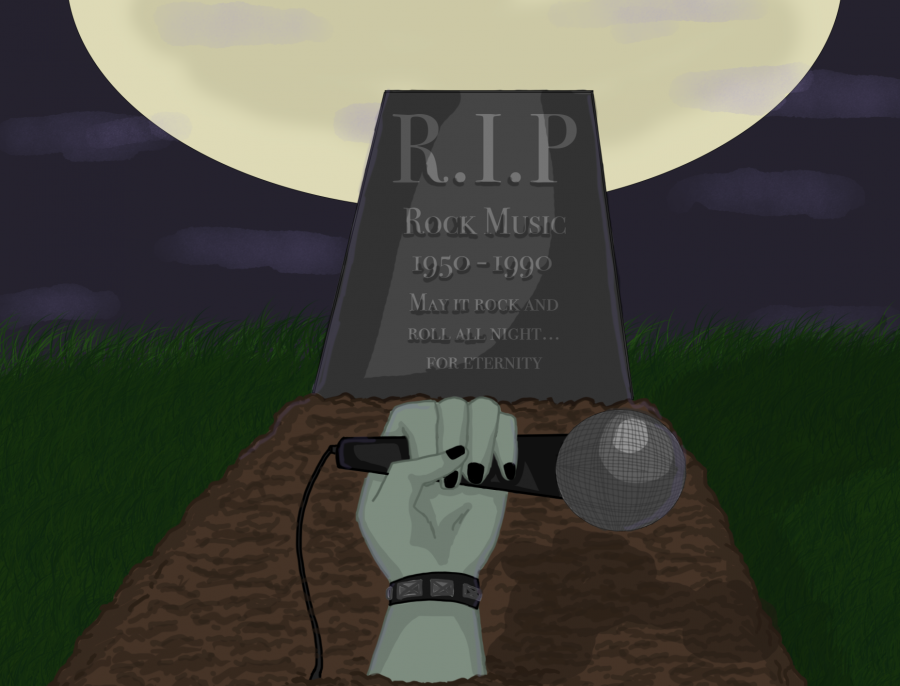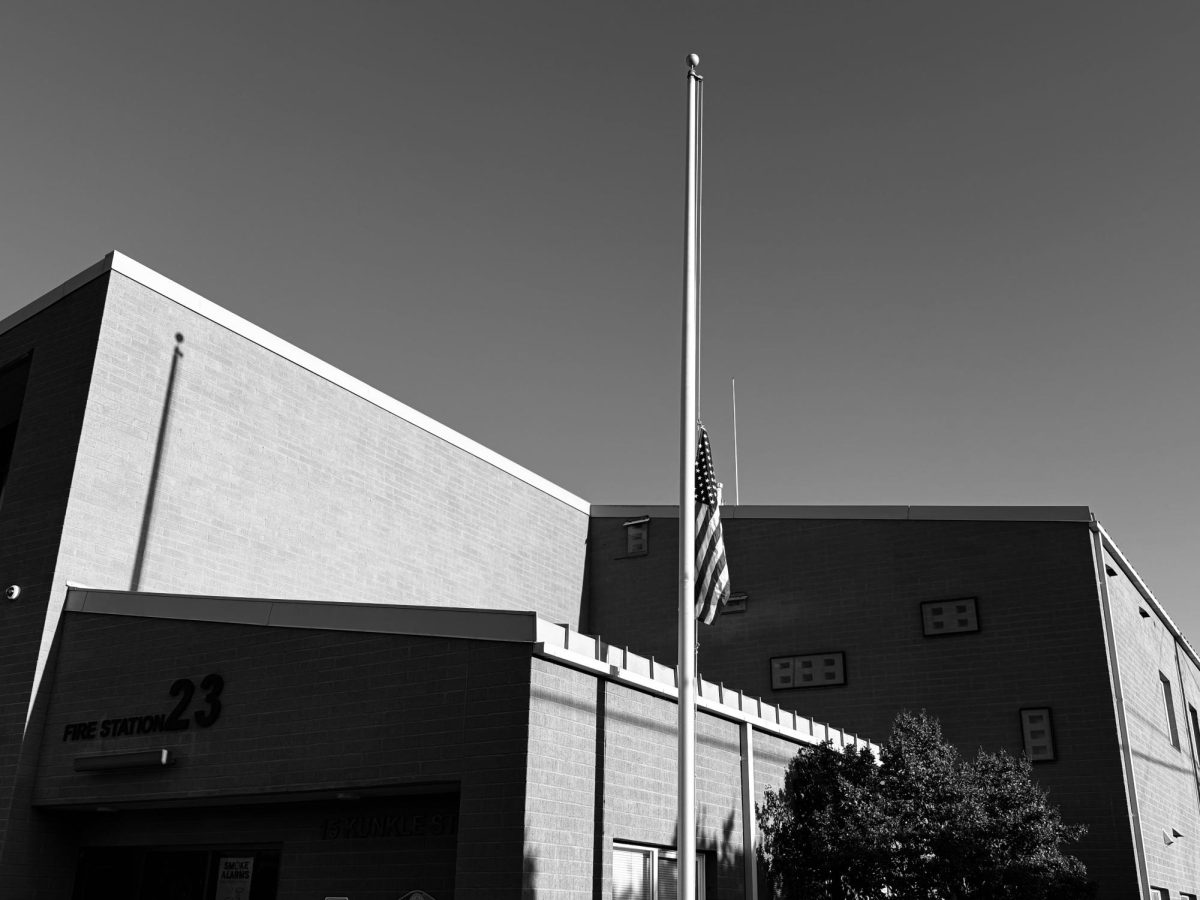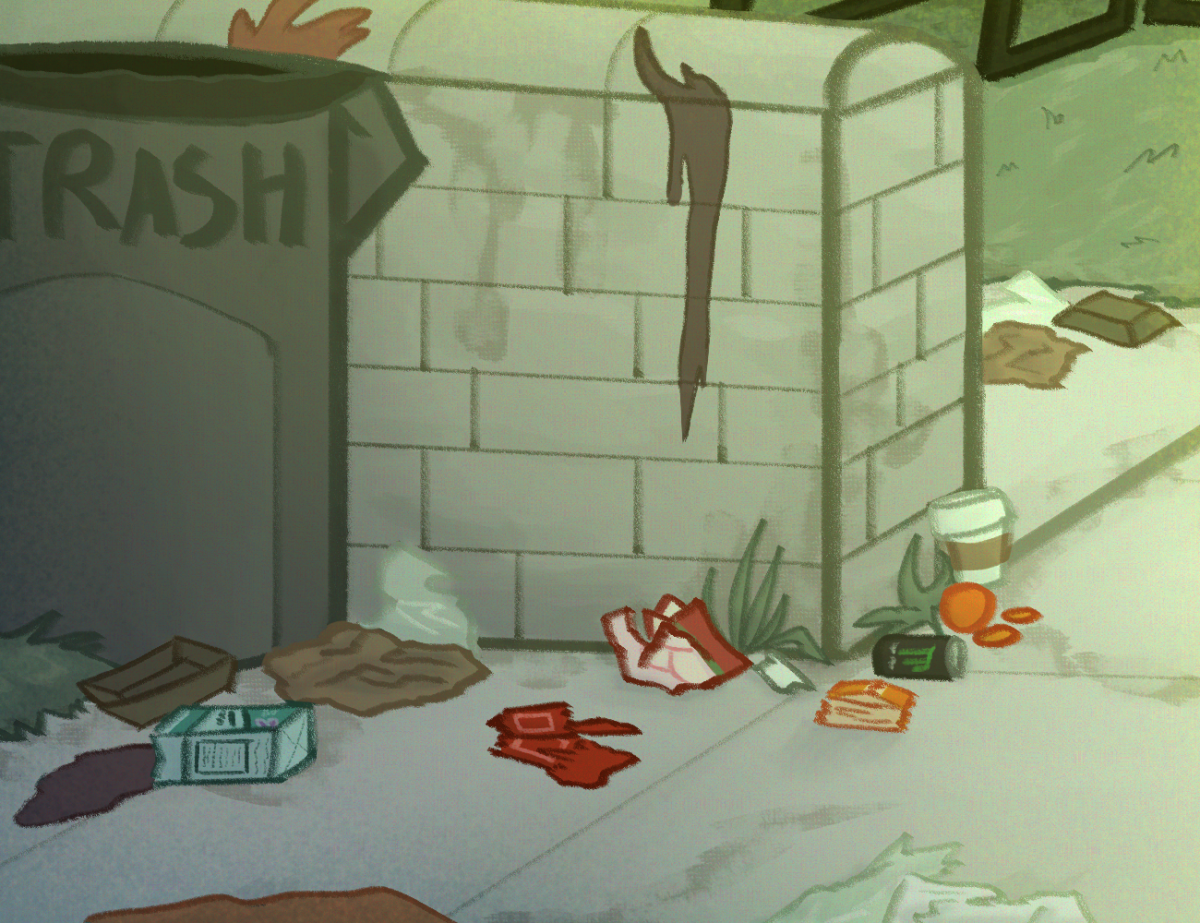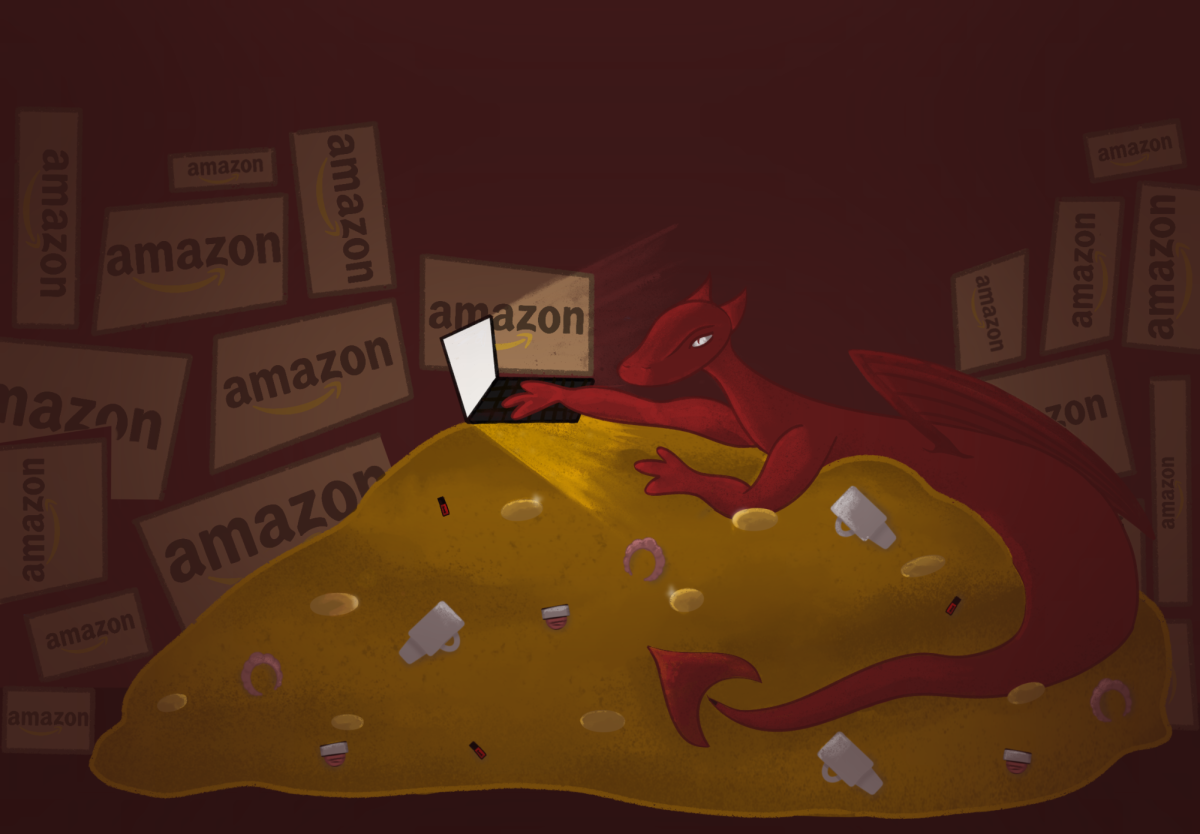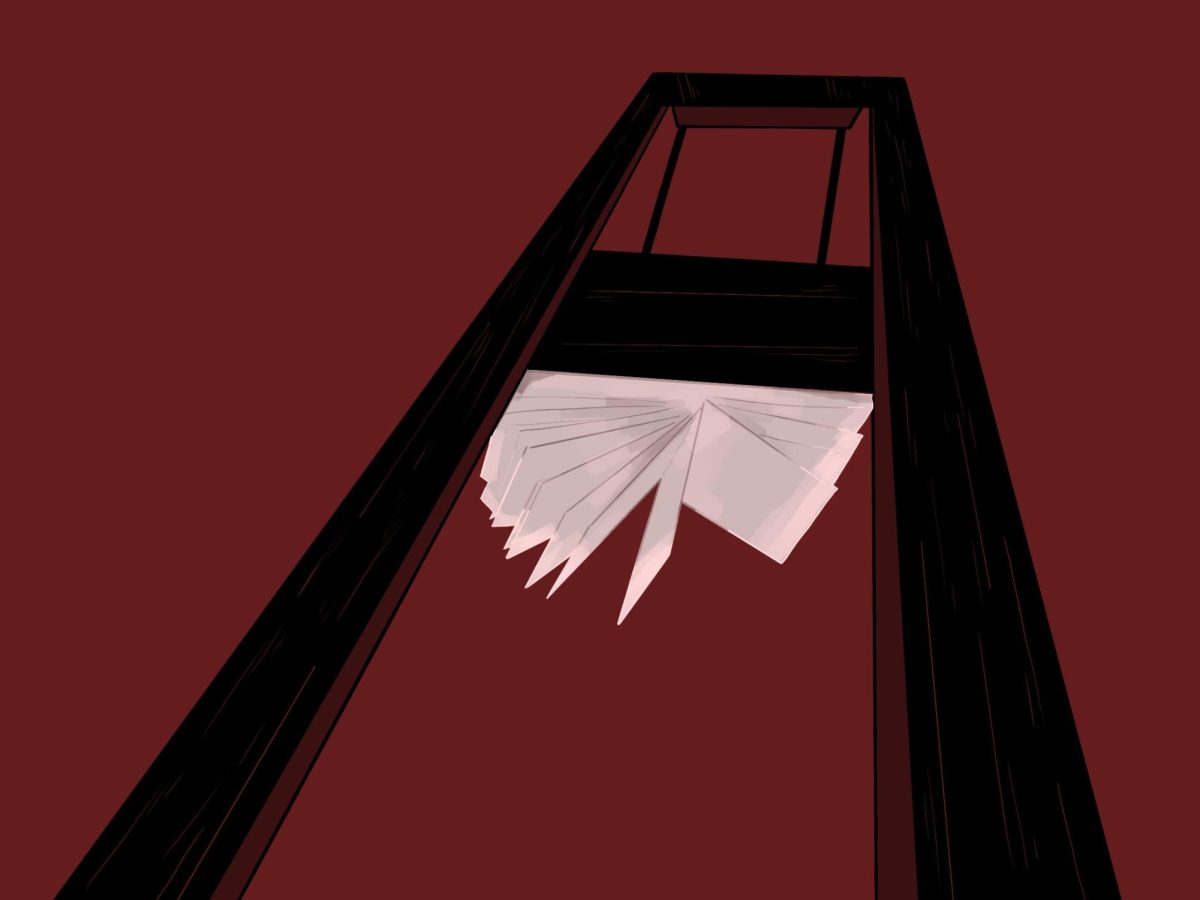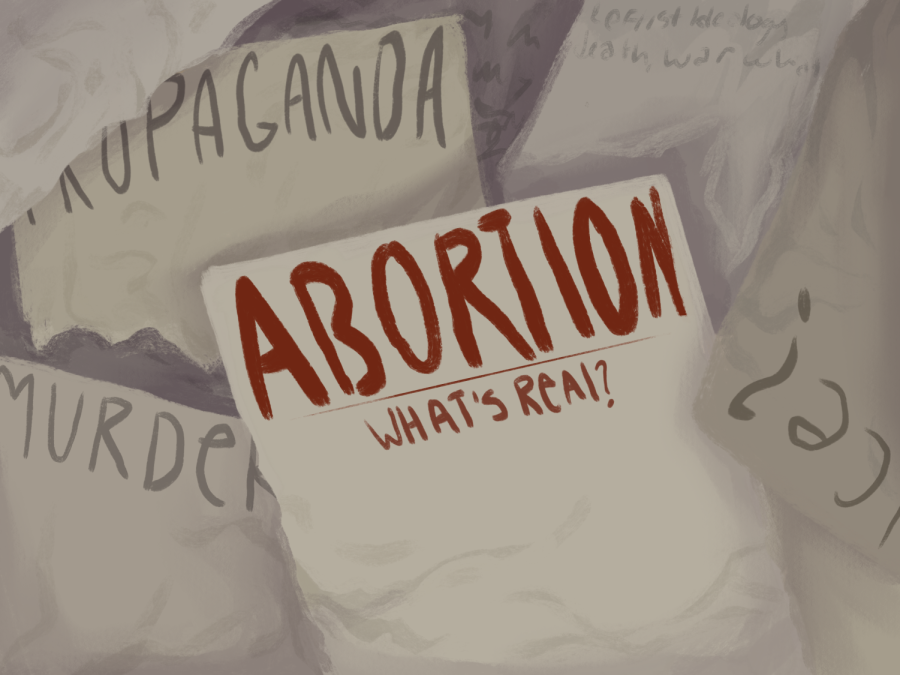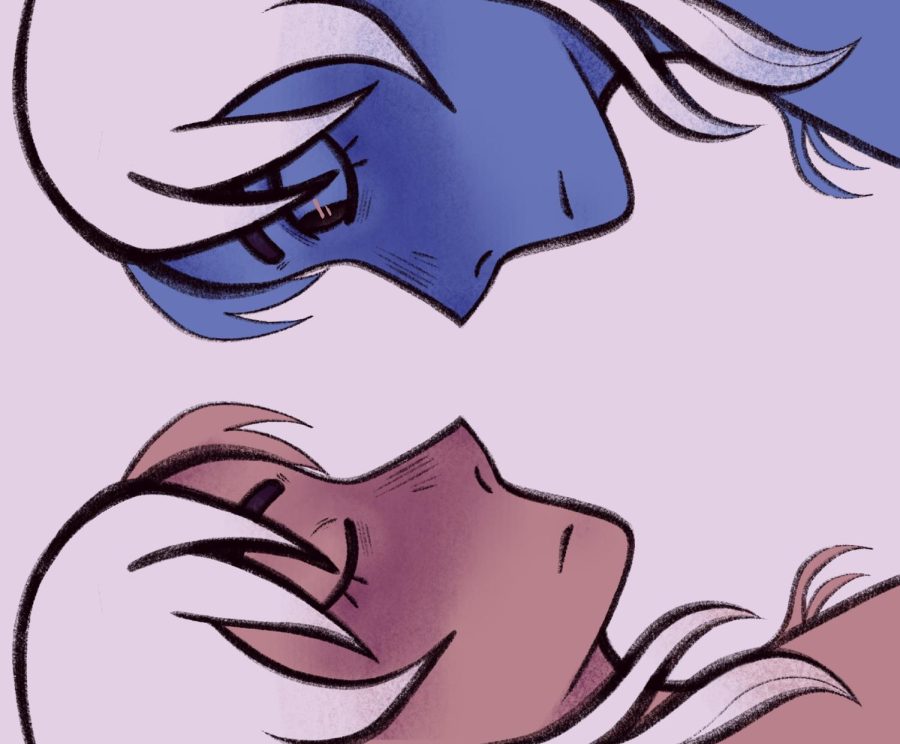One fact lies dormant in the evolution of music: popular sound has gotten objectively louder, more homogenous and more repetitive than in decades past. This comes from the fastidious work of scholars at the Artificial Intelligence Research Institute of the Spanish National Research Council in Barcelona.
Artists of today have the power to define their own chapter of music history, and the “millennial whoop” is what they’ve wrought. That, and sensations of computer-generated beeps and moans equivalent to auditory diarrhea. The situation is so ill-omened, one hopes pop listeners stay placated with their putrid trash, because if not, the results are dangerous.
Old relics aren’t paid homage, but bastardized. The Ramones are no longer a pioneer in the formation of punk rock, but a T-shirt brand. “Sound of Silence” isn’t a masterpiece from a prolific folk rock duo, but a morosely overused meme. What these classics meant for listeners at release is forgone and replaced by mediocrity. Modern music features the lyrics “I” and “me” more than ever, and wholesale culture still wants to claim more for itself.
As bothersome as this reality is, discounting all contemporary music as “trash” is one of the few things more ignorant than wearing a shirt of a band whom you don’t actually listen to.
Seeing immense monetary success linked to the popular songwriting formula, it’s a given that young listeners serve as its underpinnings. Rock is bankrupt of media spotlight and somehow perseveres, or at the very least, remains driven by instruments and passionate songwriters—not a smorgasbord of employees searching for sample beats on Cubase, or deciding whether to accentuate the “Ohh” or the “woah” in “Ohhwoah.”
Culture critic Steven Hyden illustrates the current rock scene while debunking generational myths in his repudiation of the “Rock is dead” narrative.
“One only has to do a cursory search on Bandcamp to find literally thousands of rock bands [whose] fans… have started up their own websites to cover punk, emo, and metal acts.. [and hosted] live performances for kids who can’t afford to attend expensive music festivals. Rock […] has endured precisely because passionate teens and twenty-somethings have fought to carve out their own spaces for the music that moves them, media-driven cultural trends be [expletive].”
This is why assigning age groups to a single genre doesn’t hold true in absolute. Young people are actively consuming the status quo, but are also nourishing a second coming of pop’s underground antithesis. It’s why those who flood the Rolling Stones’ Vevo with countless attention-seeking comments about the merit of their youth (as if they’re the only ones) should be condemned.
Music doesn’t evolve as a singularity in terms of complexity and arrangement. Campfire tunes forged by flutes made of bird bones transpired into Bach and Mozart, only to be succeeded by the childishly-begotten shrieks of Ariana Grande. Why? Because wielding a greater capacity to produce varied, higher quality sound doesn’t guarantee that the music produced is more sophisticated.
Hence, we get the results of Barcelona’s research. The mainstream will get tired of a solo artist based, personality-centered, looks-obsessed and auto-tune reliant dynamic that separates pop from and the traditional rock quartet.
If rock fans wish to properly idolize the musicians they worship, then the fusion of rock with more popular genres like rap and hip-hop should be applauded. Collaborations are mutually beneficial because they introduce those listeners of “putrid trash” to something they would otherwise not have encountered. Aerosmith’s rebranding of “Walk this Way” featuring hip-hop artist Run DMC is widely considered to be the critical moment in bringing hip-hop to a wider audience that has only grown since. Rock can do the same today, only with reversed roles.
Conversely, groups on Bandcamp refusing to appease mainstream techniques aren’t self-effacing. Raw, live musicianship is just as important as collaboration. Rock music has all of the strategies, support, and historical precedent to mount a resurgence against the current brigade of lip syncing millennial-whoopers.

